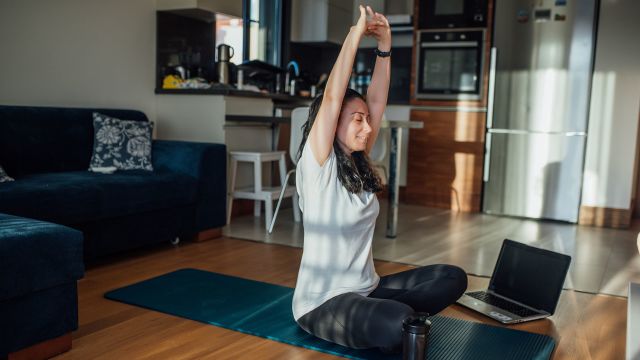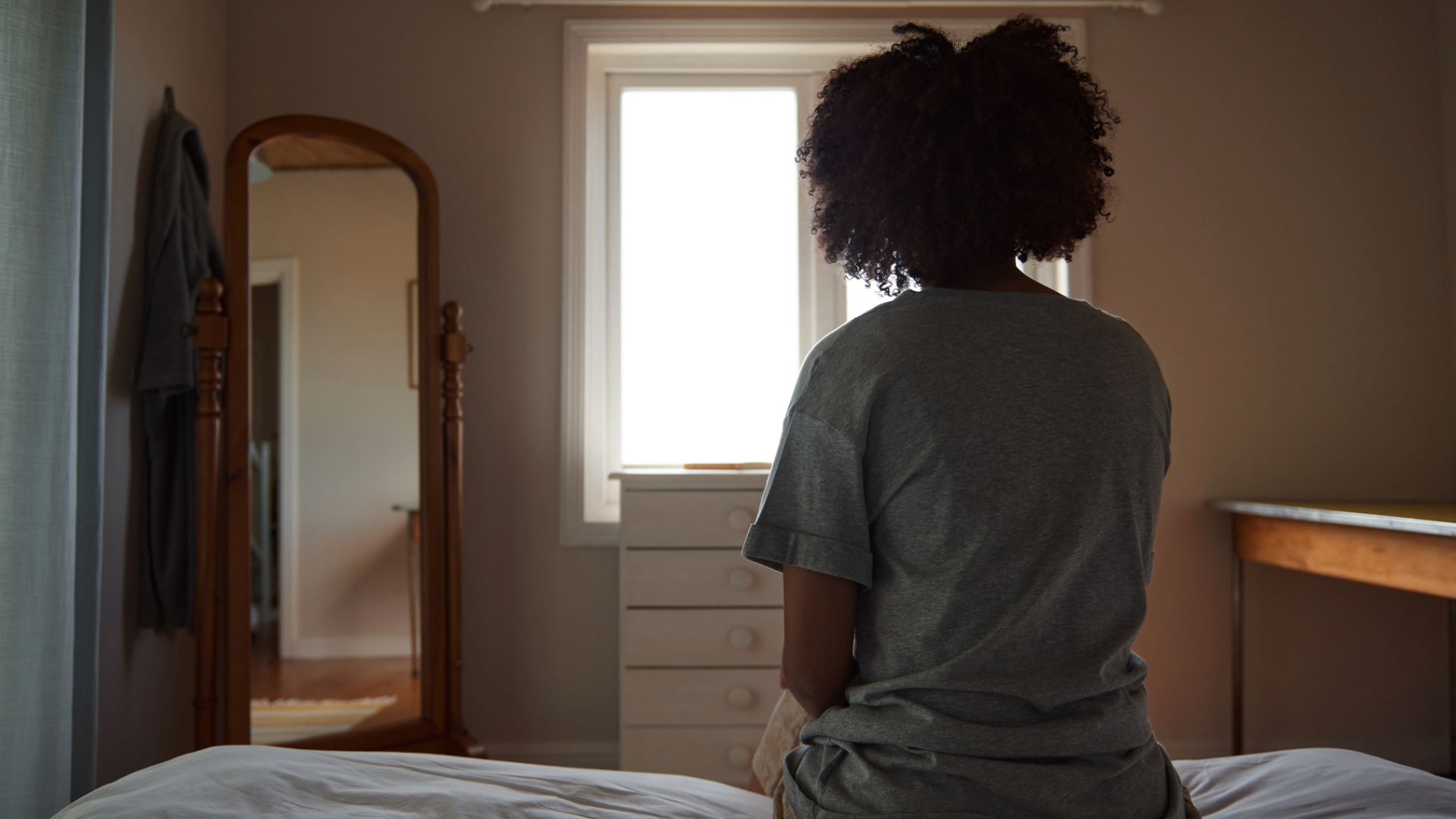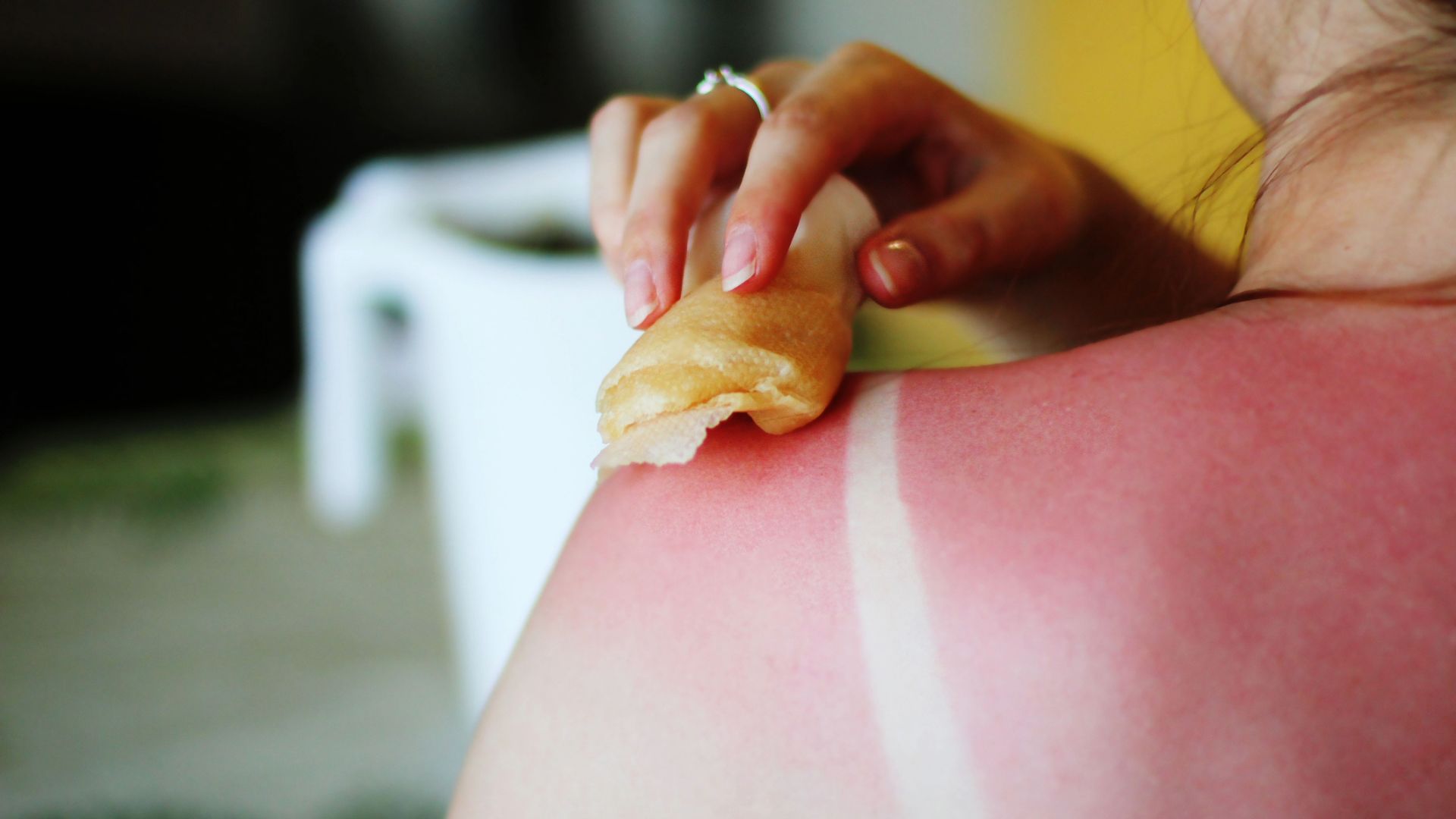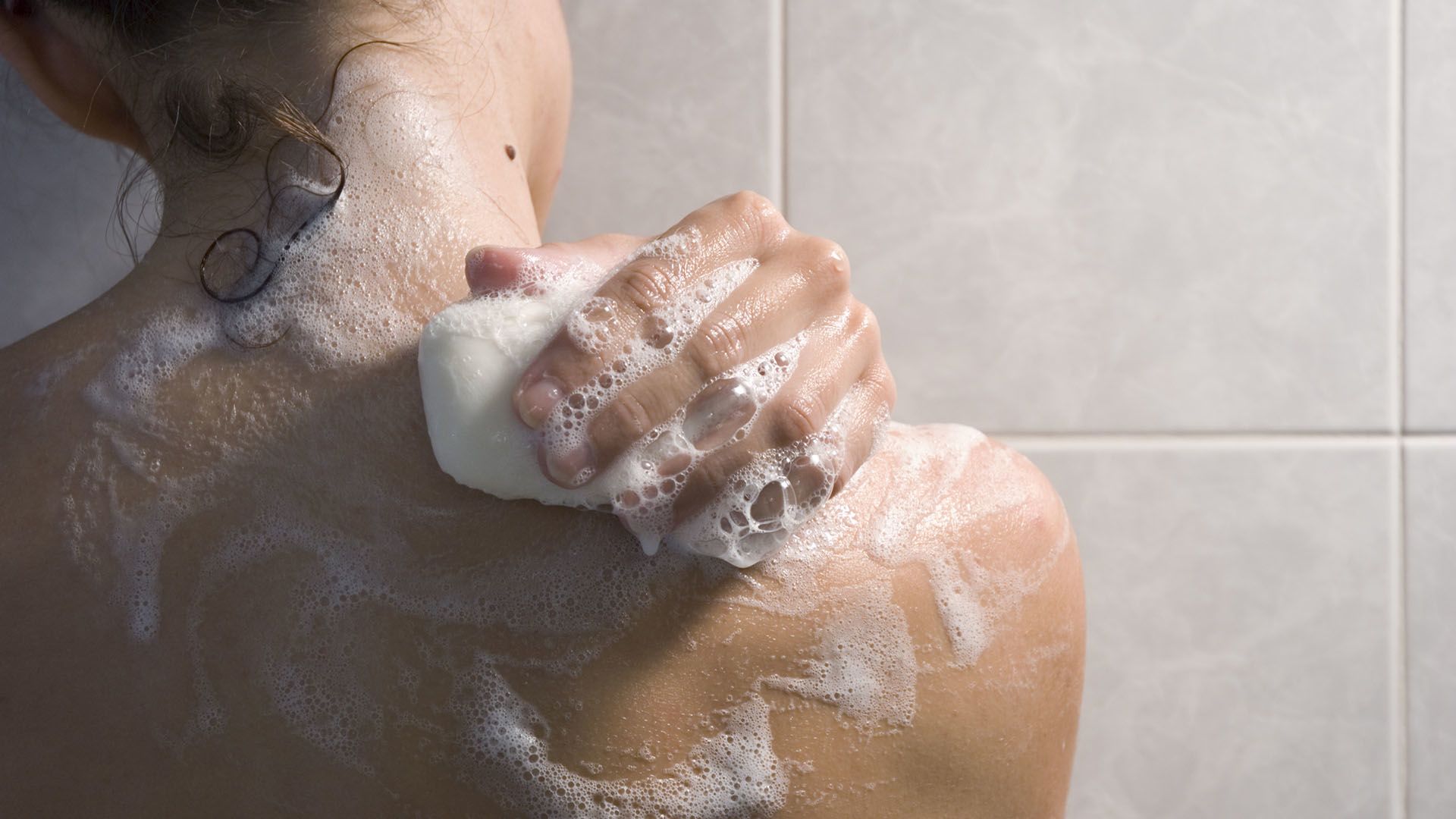Mental and emotional stress are associated with more severe psoriasis and stress can trigger psoriasis flares. Additionally, stress can also negatively impact your overall physical and mental health, contributing to things like heart disease, gastrointestinal disorders, depression, and reduced immune function.
Get help managing stress
Addressing mental and emotional burdens like stress is a key component of the guidelines for managing psoriasis. It is recommended that people with psoriasis take steps to address these burdens, such as working with a counselor or therapist.
In addition to working with a healthcare provider that focuses on mental health, below are four simple daily strategies that might help you lower your stress levels.
Do something mindful
Mindfulness activities like meditation, yoga, deep breathing exercises, and tai chi can help reduce stress. Activities like tai chi and yoga may have added benefits for people who have psoriatic arthritis.
One of the best aspects of mindfulness activities—they are low cost in terms of both money and time. There are plenty of free videos and resources available online and even an investment of 10 minutes a day can offer benefits.
Get outdoors (if you can)
Keeping with the theme of mindfulness, try to spend some time outdoors in a natural environment. Spending time outdoors, especially in a natural setting like a park, has been shown to reduce stress and symptoms of depression and anxiety. Exercising outdoors in a natural setting may have additional benefits, including improved mood and self-esteem.
A study published in Journal of the American Academy of Dermatology in August 2020 found that restriction of outdoor activities was associated with an exacerbation in psoriasis symptoms, as well as an exacerbation of stress and depression and anxiety symptoms.
If you do not have access to a park, you may want to try looking at media of a natural environment. Research has shown that viewing images of natural landscapes and scenery can lower stress levels.
Limit your news consumption
While access to a constantly updating news cycle keeps us informed, it can also increase our stress levels, especially when the news is troubling. The Anxiety and Depression Association of America recommends limiting the amount of time you spend looking at the news—for example, limiting news consumption to a 30-minute block of time, twice a day.
Stay connected
Feelings of loneliness and isolation negatively impact both physical and mental health and are associated with worse outcomes for many different diseases and conditions.
Take time to connect with the important people in your life. Also remember that the same devices and apps that allow you to stay in touch with friends and family can also connect you with your healthcare providers—telehealth appointments can help you meet with providers to discuss psoriasis treatment, stress, and mental health.





